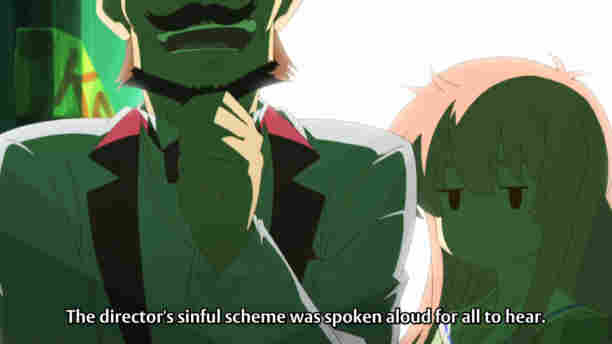This week, we had a large layoff in the company. The company was merciful in that our business unit waited until after the holidays to do the layoffs, that much credit I give them. They could've done the layoffs when the other business units were doing them at around Thanksgiving and Christmas, which would've dampened the mood. However, that is about as much credit that can be given.
The layoffs were due to a change in corporate strategy, presumably to position the company for an IPO. Or, as they put it, to drive efficiency, productivity, etc. Thus, many roles were eliminated. Sounds good, right?
It might until we consider that up until the middle of last year, the company was hiring people en masse. New hires were told that Sabre was a great place to be because they were in a growth phase. This led to the office becoming overcrowded, and parking becoming so ridiculous that it was common to see cars parked along the side of the street. The summer intern class numbered over a hundred, with the majority unhired afterwards, despite the internship program's suggestion that the interns would be put on meaningful work, and hired if they did well.
Then came the layoffs over Thanksgiving and Christmas. These were mostly in other business units (our team remained unaffected as a few people had voluntarily left shortly before). Afterwards, the management assured us that they had finished what they needed to do. They should've added that their guarantee was only up until the next time, which happened this week.
Yesterday, we had a meeting with the head of our group, and today, we had another meeting with his superior. In both meetings, we were assured that as far as things go, this completes almost all of what they have to do. Again, the fine print reads, "Until next time".
Through this whole process, there are a few points which I don't agree with:
The people who were laid off were not just the people who didn't do anything. It could be argued that many were laid off who were very qualified people, who did their jobs well, but maybe the management didn't like, or the management did not want to keep paying. The solution was to replace them with cheaper people or people who get along with the management better. Never mind that they don't know how to do the job as well. This contradicts the corporate internal marketing slogan promoting Sabre as a company on the leading edge of technology.
The layoffs were not carried out in a very respectable manner. Despite saying that we should be respectful towards the people who were let go, and try to help them in any way we can, the management kept it a secret as best they could about who was going to be laid off until the very last minute. They can put on a sad face, talk in a sad and sympathetic manner, and do whatever they want, but their actions speak a harsher and louder truth.
The lingo being used is full of euphemisms. Obviously, if the management were to use honest words like, "people who were laid off", it would make them seem like the villans that they are. And so, they use words like, "roles that were eliminated", because it sounds better. I wonder how many people buy that. To me, it just makes it seem that they're too cowardly to take responsibility for their actions or too cowardly to fight against taking actions they don't agree with. Shrug off the blame. Do whatever you can. Management is particularly good at this type of thing.
Of course, I've heard worse stories about layoffs. Like a friend was laid off after his whole team had put in overtime to rush a demo out. So, there are worse stories out there, and this experience probably is noticeably better than that. And at least Sabre still pays the employees what it says it will pay. But, this experience definitely caused Sabre to lose a lot of trust. Why then would anyone freely volunteer information or collaborate with anyone if it puts them at risk of having their "role" "eliminated"? I've always thought the behavior of my senior battle-seasoned co-workers to be unnecessary. Until now.
Written on January 10, 2014
